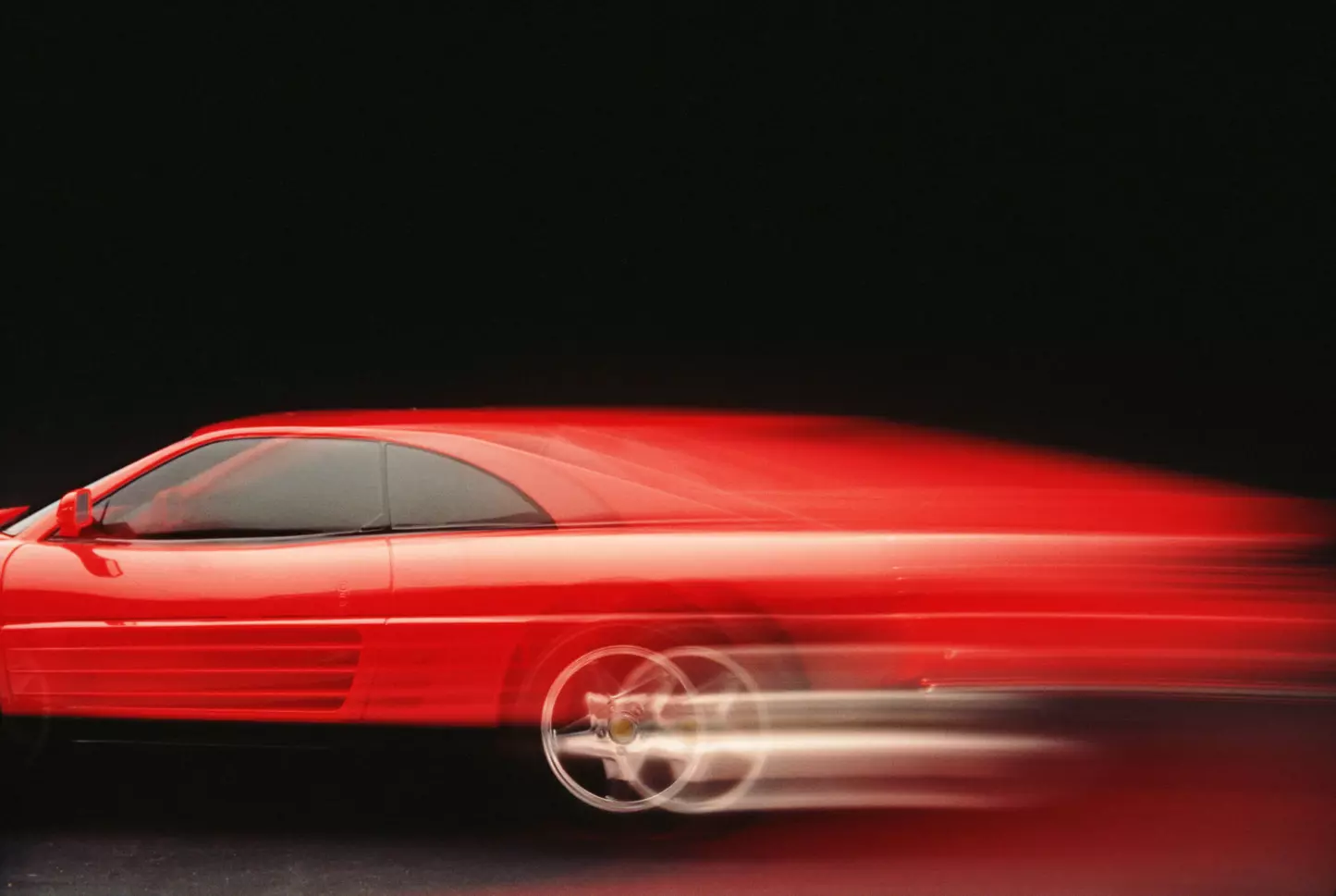If we roughly retrace the history of the automobile, the last five to six years could be on record as being responsible for the most important technological revolution yet for the entire industry. They coincide with the decisive (but poorly planned) willingness to shift investment in research and development exclusively to the electric car. A necessity that is more ideological than pragmatic, closer to common sense than to real policy. A “need” not born from below but rather from the conviction that forcing and imposing something can trigger a virtuous mechanism of sustainability. This view remains to be seen, given the calls for a re-evaluation of this position among manufacturers, vendors and users. The automobile is a product of human ingenuity, and as such, must enjoy free, bold, courageous and provocative experimentation. The constraints imposed by the political bodies limit it in time (by 2035) and above all in space (in Europe alone!), in a continent that is the birthplace of the automobile and that feeds on its industrial spillover.
The reaction of sports cars
Such a moment of disruption, if not carefully planned, could jeopardise the industry as a whole: from generalists to premium, not leaving out luxury and super sports cars. The latter occupy minimal production volumes, account for negligible market shares and are positioned in a high, elite market segment. Sports car factories are concentrated in Italy and Germany (mostly) and to a small extent in England. They are brands of excellence that interpret the taste for luxury and the allure of performance through creative styling solutions, sophisticated aerodynamic structures and (above all) powerful and noisy engines. The 12-cylinder Ferrari and Aston Martin, the 8-cylinder AMG, the 10-cylinder Lamborghini and Audi: examples of a very long tradition that has its roots in motor racing and has been able to spill over into standard production. The energy transition (for now..) does not seem to want to leave room for technological neutrality (this means synthetic fuels, hydrogen or other solutions) by imposing electric propulsion as the only alternative at European level.
The super sports car sector is already, amid much doubt, heading in this obligatory direction with the first zero-emission but ultra-high-performance vehicles that already have been available for a couple of years. It was the Germans at Porsche who made an early move. With the Taycan project, they wanted to demonstrate how the Stuttgart-based company is capable of transferring all its experience to a new and as yet unseen propulsive technology. The strategic sharing of the Volkswagen group has had positive repercussions for Audi, which from the same platform (the J1) has derived a vehicle with different behaviour and character: the E-tron Gt, which has certainly made an impression on the market. As for Ferrari, Lamborghini, Aston Martin and even Rolls Royce, they have already anticipated that there will be electric cars in the future that respect the allure, tradition and passion of their respective brands. Considering that an electric car can be customised with technical solutions unthinkable for a combustion engine, the result will hardly disappoint expectations. The sound component will probably be irreplaceable, but this is a discourse that deals with the sensory and “romantic” dimension, which is very subjective.
A robust system?
However, there are two issues that the energy transition still has to answer: competition and reliability. If on the former the possible considerations address broad and complex issues approaching geopolitics and economic planning, the second is a more consumer-sensitive topic. Although the data available today are mostly approximate (electric cars occupy “only” 10 per cent of the total number of vehicles in Europe) because they refer to a limited period of time, the results of one survey indicate a higher breakdown rate than their combustion engine counterparts.
According to a survey conducted by the British magazine Which? (one of the few on the subject), out of 48,000 car owners, every third person (31%) who has owned an electric car for four years has reported at least one breakdown, a figure that drops to one in five (19%) for petrol cars. The most frequent faults reported by owners of electric cars relate to the software, so not necessarily related to the engine or battery: the operating system is the real nerve centre of an electric car. An investigation that fuels doubts about a transformation process that seems to be increasingly forced on cars and their industry. But road transport accounts for only one fifth of total emissions across the EU.
That fascination for racing cars
The partial reliability of the electric car could also have negative repercussions in the super sports car segment, despite the fact that their components are far inferior to an engine with cylinders and pistons. As mentioned, the main critical issue is the energy management software: car manufacturers thus need to hire programming experts to write sophisticated algorithms that can interpret the driver's requests in real time.
A condition that opens up unprecedented scenarios and could rewrite the very future of performance cars in terms of utilisation and value retention. In Italy we have the clearest example of the timeless fascination of the automobile: the historic Mille Miglia. Vehicles produced a century ago cover 1,600 kilometres in three days at a driving pace that is challenging even for new-generation cars. Just mechanical components communicating coordinates to move the wheels, a dance that has been repeated for a hundred years and continues unabated. Will the same hold true for electric cars?
